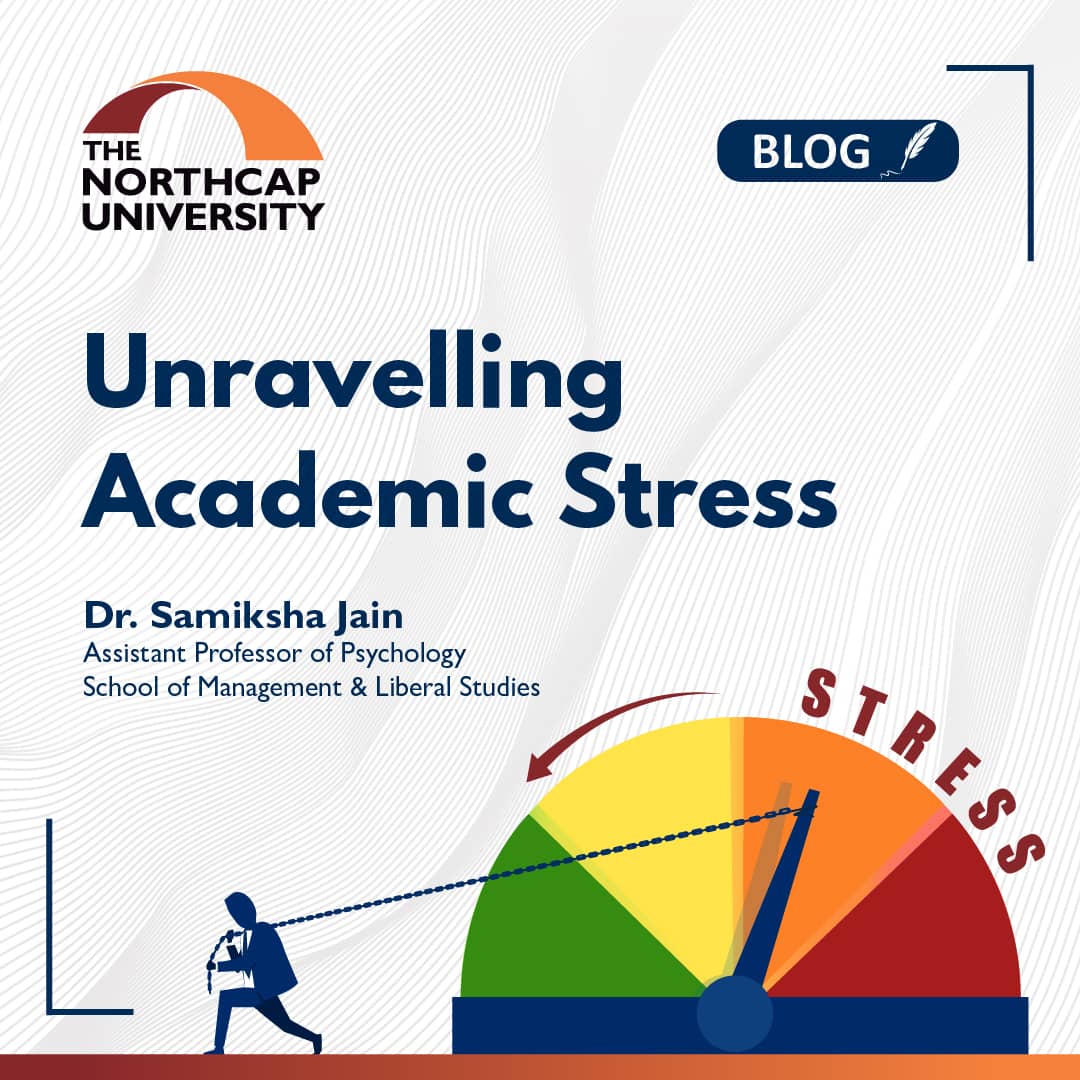Unravelling Academic Stress

Youth are involved in the process of identity development during adolescence, where the questions such as “Who am I?” and “Who will I be in the future?” are constantly asked. Personal resources as well as external resources such as academic achievements, are a source for answers in an adolescent’s mind.
For a very long time, people believed that because students were supposed to study and that studying was never considered onerous, they were the group least impacted by stress or problems. Today, stress is recognised as a lifestyle dilemma that affects a wide range of people at all stages of development (Masih & Gulrez, 2006). As parental expectations evolved into heavier responsibilities that these kids could no longer bear, they proved to be stressful for them.
Parents were active in their children’s education in five different ways: they pressured them to perform, they compared them to other kids, they regulated the study environment, and they supported them. The load of student’s academic self-perceptions, which take into account their personality traits, IQ, prior academic accomplishments, and other academic contexts, is another factor. Hancock (2001) and Hembree (1988) found that some students overestimate their skills or underrate the repercussions of failing an exam, which leads to increased anxiety and subpar performance. Six themes could be used to categorise students’ perceptions: hectic schedules, stressful situations, somatic symptoms, attitudes and beliefs about their classes, the role of God vs. diligence, and educational change. Another significant factor that is closely correlated with the rising levels of stress among teenagers and young adults is the educational system. Some of the causes include crowded lecture halls, the semester grading system, a lack of facilities and resources, the extensive curriculum, long study sessions, and rote learning requirements.
Students’ self-confidence and self-esteem are negatively impacted by parental expectations and institutional demands, which inculcate in them a dread of failure. Researchers have identified increased expectations as one of the causes of higher stress levels.
Suicide is becoming a major problem in major countries and is considered a psychotropic urgency. Ways of committing suicide differ from religion to religion and from culture to culture. In 2000, after homicide and accidents, suicide was the third leading death, both for teens and young adults between the age group of 15-24 years of age, and it has been observed that there are 8-25 suicidal attempts at every suicidal death.
During the survey by the American College Health Association in 2008, results declared that more than 1.3 of the students were suffering from depression due to academics, and one student out of every 10 had attempted to commit suicide. In a research, it appeared that 6% of students at Bachelors and 4% of students at Masters attempted suicide. Suicide rates among students have increased at a faster pace in the last decades, which is seen in various researches.
Suicide is a serious and worrisome psychological, social, cultural and physical health problem which leads to a lot of concern for people of diverse backgrounds across the world (Brezo, Paris, & Turecki, 2006). This is also a significant problem among undergraduates in Nigerian Universities, leading to increased deaths. It has created a lot of concern in different Educational Institutions, organisations and universities, as it has been proven to be a major psychological killer of human beings.
Author

Dr. Samiksha Jain
Assistant Professor of Psychology, Department of SOM & LS
The NorthCap University, Gurugra
